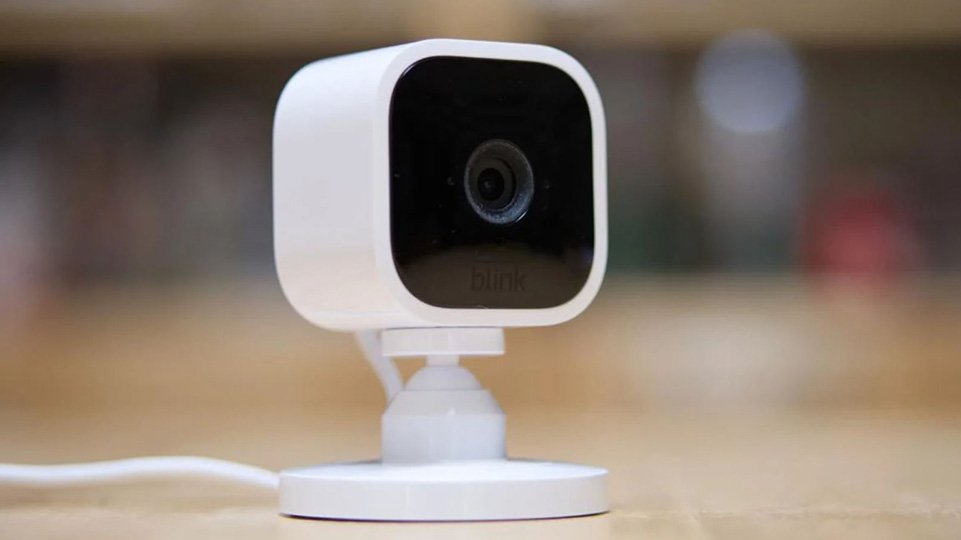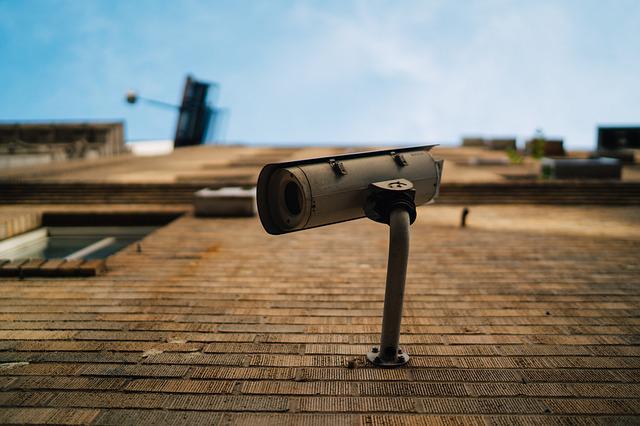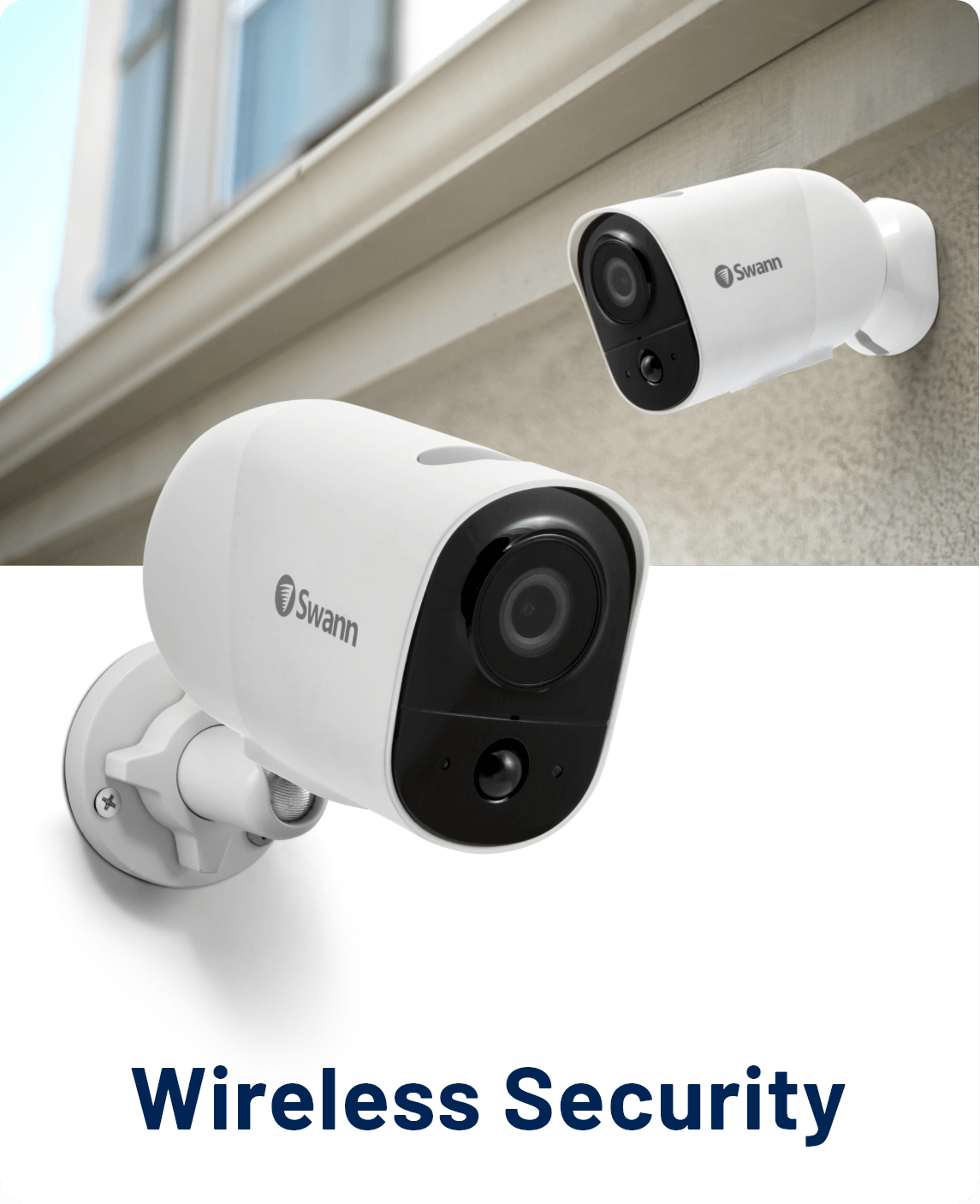
There are a number of options available for renters when it comes to home security systems. These options can help you protect your home and property at an affordable price. Whether you're looking for a system to use during vacations, or for a dorm room, you'll find a system that meets your needs. If you're interested in a more comprehensive security package, you may want to look at professional monitoring systems.
Active monitoring is one of the most important aspects of renters' home security systems. This means that you can quickly alert authorities to any intrusions on your property. A central panel is also included in professional systems to ensure that everything works properly.
Additional protection may be offered by having a friend or neighbor look after your apartment. Keep valuables out of sight, and make it known to your landlord if you're going on vacation. Additionally, make sure that you don't leave the key under the doormat. You could lose your keys if you don't install a secure lock or latch system at your landlord.

The best home security system is a wireless one. These systems are simple to install and are more effective than wired ones. They work even if the power goes off.
A smart doorbell is a cost-effective way to increase the security of your apartment. The majority of models offer storage and videos. You can notify your landlord if you're going to be away from the home and they can even disable the system via a smartphone. For even more peace of mind, you can opt for a home security system that includes an alarm.
When you're renting an apartment, you'll want to make sure your unit looks as if it's occupied. This can be done by installing lights on random-timers. Another option is to place a window sticker on the screen.
Roommates who rent can sometimes be in an awkward situation. Leaving a key under the doormat can be a major source of problems. Even if your roommates have been honest, unscrupulous persons can still get into your rental. You can set up remote access by using a smart doorbell.

Some security systems will require that you install the wiring and/or cables. You may be allowed to have the system professionally installed depending upon your landlord. Regardless of the type of system you choose, though, you should check with your landlord before starting any work.
Setup home security systems should be straightforward for renters. These systems are now easier to use with the latest technology. Frontpoint Systems offers a range of DIY options. Their systems are fully customizable, and they come with a 30 day no-questions-asked return policy. They also have transparent prices.
Calamity is able to help you determine which home security system will work best for you.
FAQ
Which home security system has the most features?
Ring Video Doorbell Pro is the best home security system that we reviewed. It allows you to see who's at your front door, speak with them on your phone and record videos. It also comes with free cloud storage so that you can store any recordings.
Do motion sensors have alarms
There have been motion sensor alarm systems for decades. They have grown in popularity due to increasing burglaries and thefts. The problem with these devices is that they are often too expensive, and they don't work well when placed inside cabinets. It is worth looking into a motion sensor system if you want to protect yourself from home intruders.
Which security system is best?
The value of your home and possessions will determine the best security system. An inexpensive alarm system that doesn't offer much protection can be chosen. Or you can get a more advanced one which offers better features like remote monitoring, video surveillance, and access control.
What is the difference between surveillance and security cameras
Surveillance cameras can be used for surveillance purposes while security cameras can be used for protection.
Each type of camera has its pros and cons. They capture different types of images. Surveillance cameras record video in slow motion, so you can watch what's happening in real time. Security cameras on the other side only record video and still photographs, which are saved for later review.
Statistics
- Most home security companies will charge you around 75% of the remaining term of your contract if you cancel early—and some require 100%.Related questionsWhat type of contract length can I expect from security providers?Home security system cancellation (safewise.com)
- Depending on your insurance, 24/7 professional monitoring may qualify you for as much as 15% off your premium. (safewise.com)
- Related questionsHome security systems that are 100% DIY (safewise.com)
- Cove sets you free without punishing penalties and fees, unlike other security solutions that charge 75% to 100% of your remaining contract. (safewise.com)
External Links
How To
How to Install an Home Security System
A home security system monitors your property and alerts if there is any activity. It could be a motion detector, doorbell camera or smoke detector. A home security package usually includes one or more sensors (e.g. a motion detector), which send signals whenever they detect sound or movement. These signals are sent to a control panel, where they can be monitored and recorded. A control panel will alert your phone, tablet or computer if something is wrong. You'll be able to immediately take action and know exactly what's happening.
First, you must choose the right type sensors for your home to install a home security system. There are two main types of sensors: passive and active. Passive sensors do not require batteries. They simply pick up sounds and vibrations around them. These include buzzers, sirens and doorbells. Active sensors use electricity for data transmission. These sensors include motion sensors and cameras.
There are many options for sensors. Each brand has their own pros and cons. Some sensors are weatherproof and others aren't. Some of them have built in speakers so that you can still hear them from outside. Some only work indoors. Some are basic while others offer advanced features, such as night vision.
After choosing the best sensor type for your property you can choose a manufacturer. This will help you ensure your sensors work well together. You should find plenty of choices at your local hardware shop.
Once you have decided on a brand to use, it is time to decide on how many you want. Depending upon whether they live alone or in a group, most people begin with one or two sensors. You may want to consider purchasing more sensors in the future if possible.
Next, consider where you want to put your sensors. Do you want them near windows and doors? Or are you happy to keep them hidden? Before placing them around your property, you should get permission. They should not be in conflict with any electrical outlets.
Now that you know where you want to put your sensors, you'll need a way to connect them to your control panel. You might need a power adapter for your setup. Once everything is setup, you will be able to monitor your property.